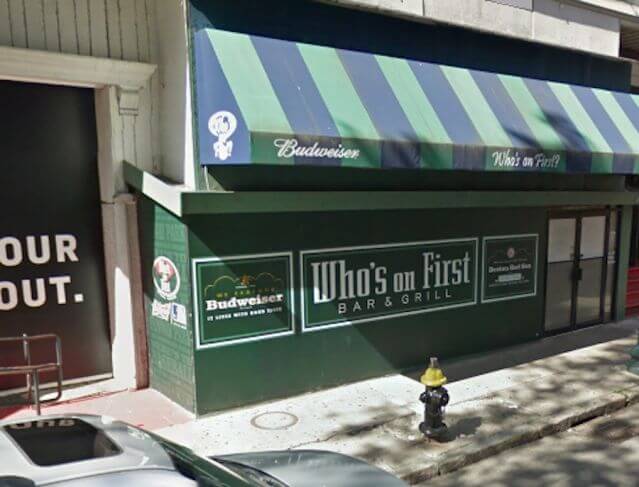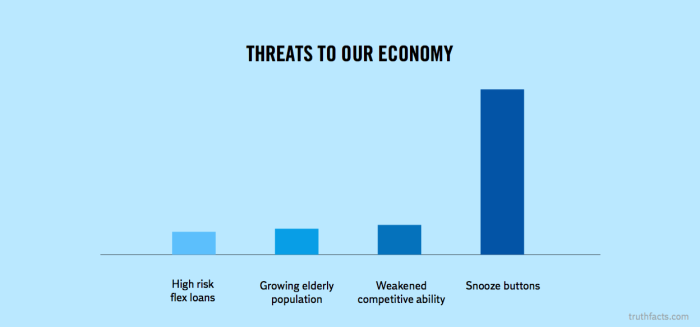April marks the end of winter and the beginning of rental season in Boston.
The arduous task of quick visits to apartments of all shapes, sizes and prices is an exhausting and stressful experience for first timers and seasoned veterans alike. Student renters are in an even more unenviable position of finding the right apartment without exceeding the zoning requirement known as No More Than Four. ISD workers visit the address on the master list to check on possible code violations like missing or broken smoke/carbon detectors in the daytime, when students are in classes.
They are allowed to enter the common space, but cannot walk into the units if no one is home. Inspectors leave letters for the students stating when they will return if they suspect that there are over four undergrads or if there are visible code violations. The citations go directly to the landlords, not to the renters.
The 2008 city ordinance reflects the bureaucratic dance officials began in an effort to maintain and improve housing standards in neighborhoods like Allston and Mission Hill, where floods of student renters flock in search of cheap housing. The ordinance forbids more than four full time undergraduate students from living in one apartment. It also requires universities to create a master list of off campus student addresses throughout the city. The master list contains roughly 25,000 addresses from 29 colleges and universities. The ages of the students and the schools they attend do not impact the reach of the ordinance, however, part-time students and graduate students are clear of penalty. Former City Councilor Mike Ross voted for the ordinance, hoping to combat the increasing number of “pseudo-dorms” where large numbers of students cram into a three bedroom in a triple-decker house. “As a realtor, if a place isn’t to code, we won’t deal with those landlords in general,” Venture Real Estate Managing Partner Sean McConarty said. “That said, the problem is the law is enforced by inspectional services. If the building is not up to code to begin with, why are we adding laws to punish tenants for renting an affordable place?” McConarty said that the details of the living situation make for frustrating hurdles. “Four full time students and one part time student is not a violation,” McConarty said. “It doesn’t make sense in so many ways.” At the same time, school owned properties are not taken into consideration. Any number of students can live in an apartment that would otherwise be considered unsanitary or unsafe conditions if it were privately owned. Should the inspectors find that more than four undergrads live in an apartment, they serve the landlord with a violation and give them 30 days to rectify the violation or head to housing court.
Boston ISD struggles to enforce No More Than Four housing law

Nicolaus Czarnecki, Metro


















